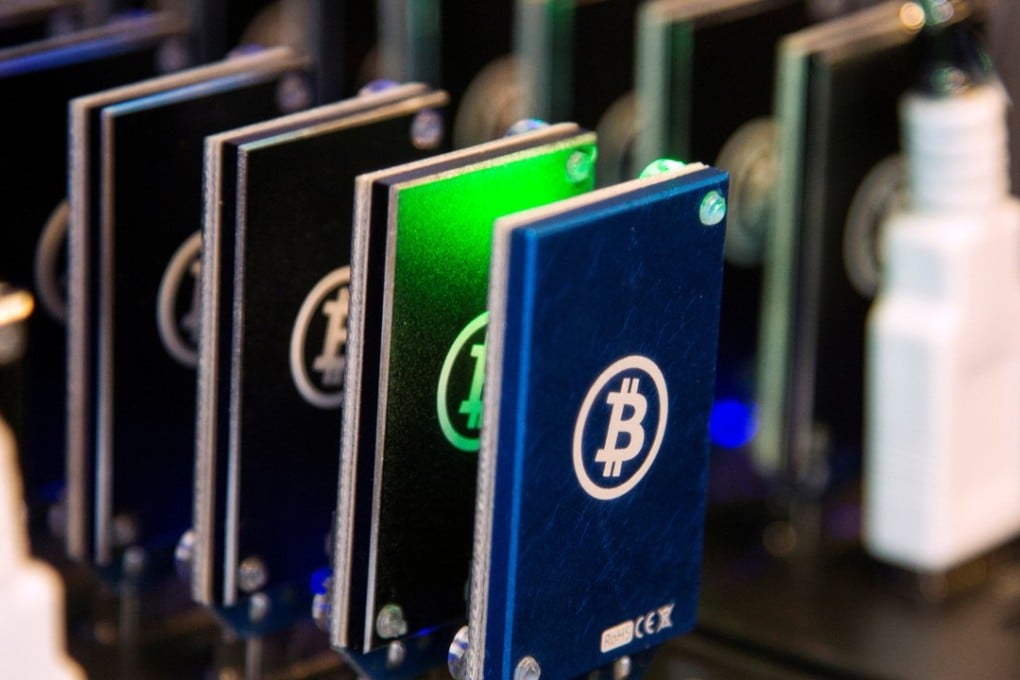‘It’s war’ ... cryptocurrency advocate warns of looming conflict with sovereign governments
Cybersecurity visionary John McAfee says battle lines are being drawn between libertarian ‘fugitives’ and sovereign governments seeking to place curbs on virtual currencies

The battle lines have been drawn between sovereign governments and the legitimacy of cryptocurrencies, warned anti virus software pioneer John McAfee during the first global blockchain technology event in Hong Kong since China imposed a ban on cryptocurrency sales and trading on exchanges earlier this month.
Among core issues in the US$150 billion industry are how nations can apply taxation to cryptocurrency transactions and whether there should be curbs on the ability for bitcoin and other virtual currencies to facilitate global fund flows.
“Today will go down in history as the beginning of the war between the proponents of cryptocurrency and the world governments,” McAfee told the South China Morning Post of the growing conflict between governments and the “fugitives” subculture who back the development of virtual currencies.
What’s more, bitcoin’s status varies in different jurisdictions. Australia said it would remove the double taxation on transactions involving cryptocurrencies like bitcoin, while China has yet to define the legal status of virtual currencies.
“If governments aren’t able to know what the movement is they will be unable to collect revenues. That’s going to cause panic in some countries. China sees it already,” McAfee said.